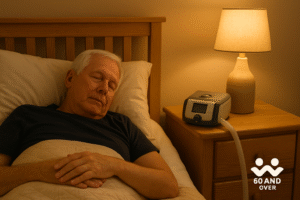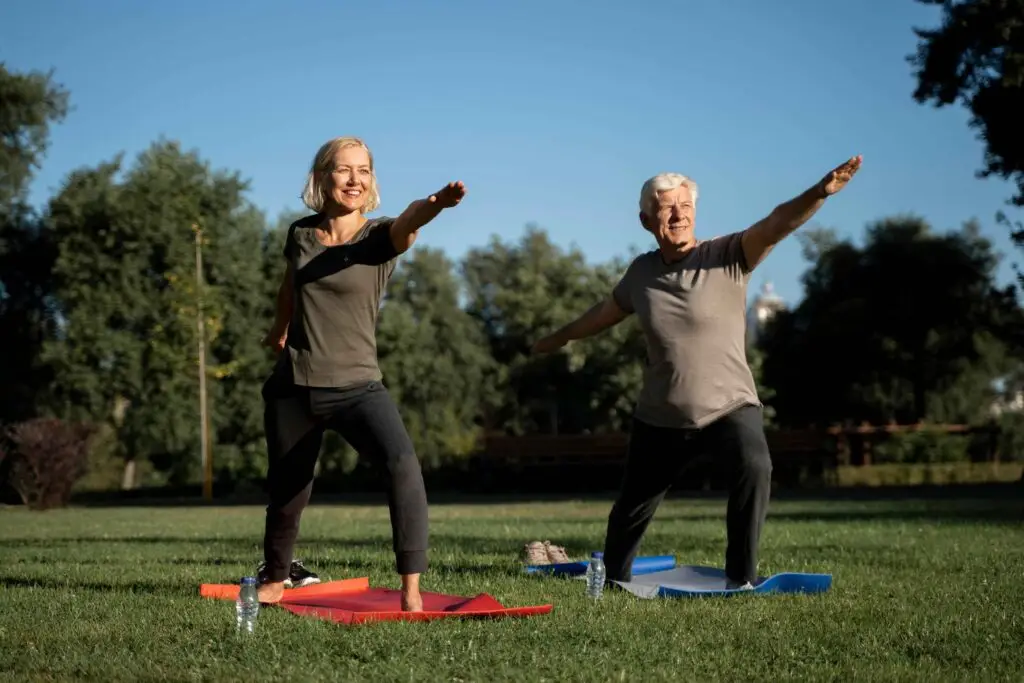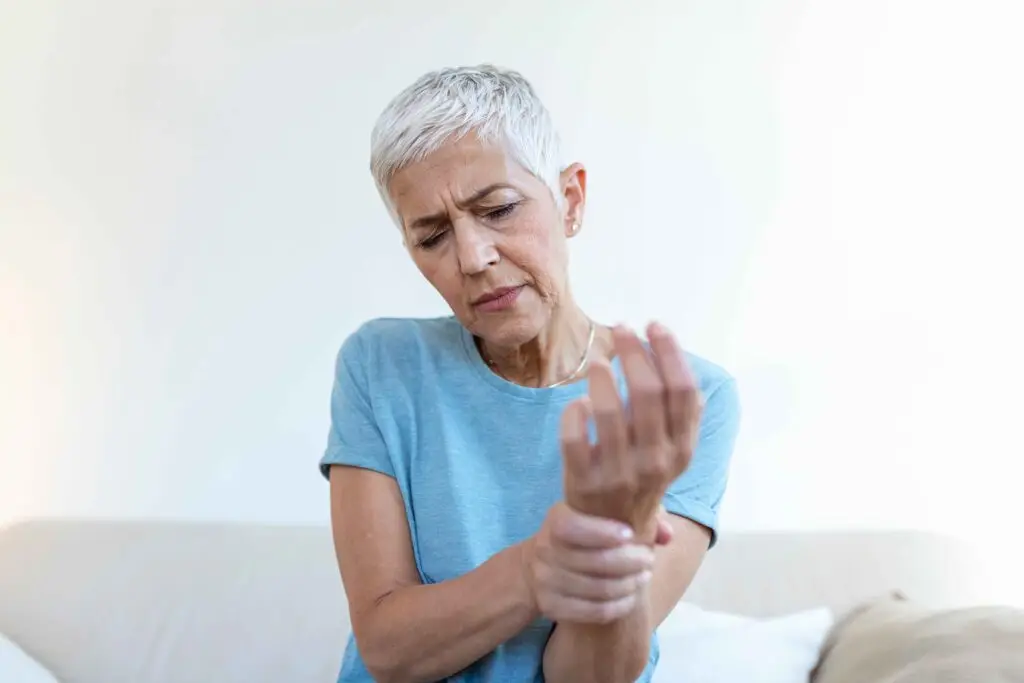Hydration is often overlooked, yet it plays a vital role in our overall health and well-being at every stage of life.
Discover why hydration in later life is vital for older adults. Learn simple, effective ways to stay hydrated, boost energy, and support healthy aging.
As we age, however, staying hydrated becomes even more crucial. Our bodies undergo subtle changes that can make it more challenging to maintain proper fluid balance.
Why Hydration in later life Matters for Seniors:
- Decreased Thirst Sensation: Our thirst mechanism can become less sensitive with age, making us less aware of our body’s need for fluids.
- Reduced Fluid Reserves: Older adults tend to have less total body water, making them more susceptible to dehydration.
- Medications: Many medications can have diuretic effects, increasing urine output and potentially leading to dehydration.
- Chronic Conditions: Certain health conditions, such as heart disease, kidney disease, and diabetes, can affect fluid balance.
- Cognitive Function: Dehydration can impair cognitive function, including memory, concentration, and alertness.
Signs of Dehydration in Seniors:
- Thirst (although this may be less noticeable in older adults)
- Dry mouth and sticky saliva
- Fatigue and weakness
- Dizziness or lightheadedness
- Confusion or disorientation
- Decreased urine output
- Constipation
- Headache
Tips for Staying Hydrated:
Make Water Your Constant Companion:
- Carry a Water Bottle: Keep a reusable water bottle with you throughout the day and sip from it regularly.
- Set Reminders: Use a water bottle with time markers or set reminders on your phone to encourage consistent fluid intake.
- Infuse Your Water: Add slices of fruit (lemon, cucumber, berries), herbs (mint, basil), or a splash of juice to make water more appealing.
Incorporate Water-Rich Foods:
- Hydrating Foods: Include plenty of water-rich foods in your diet, such as fruits (watermelon, strawberries, oranges), vegetables (cucumber, lettuce, tomatoes), and soups.
Limit Dehydrating Beverages:
- Reduce Caffeine and Alcohol: Limit consumption of caffeinated beverages (coffee, tea, soda) and alcohol, as they can have diuretic effects.
Pay Attention to Medications:
- Discuss with Your Doctor: Review your medications with your doctor to understand any potential side effects on hydration.
Consider Electrolytes:
- Replenish Electrolytes: If you are very active or experience excessive sweating, consider electrolyte drinks or supplements, especially during hot weather.
Address Underlying Conditions:
- Consult Healthcare Professionals: If you have any underlying health conditions that may affect hydration, work with your doctor or a registered dietitian to develop a personalized hydration plan.
Remember:
- Listen to Your Body: Pay attention to your body’s signals. If you feel thirsty, drink water.
- Make Hydration in later life a Habit: Incorporate hydration into your daily routine, just like brushing your teeth or taking your medications.
- Consult a Healthcare Professional: If you are concerned about your hydration in later life status or experience any persistent symptoms of dehydration, consult with your doctor or a registered dietitian.
By following these tips and making conscious efforts to stay hydrated, you can support overall health, improve cognitive function, and enhance your quality of life as you age.
Other Articles

Sleep Apnea in Seniors: Causes, Symptoms, and Treatment Options for Better Rest
Many older adults think snoring is just an inconvenience — but for some, it’s a sign of something more serious. Sleep apnea is one of the most common sleep disorders

Cottages for Seniors Over 60 Near Me: Peaceful, Affordable, and Safe Places to Stay or Retire
Why Cottages Appeal to Adults Over 60 After 60, many people start looking for a home that feels calmer and simpler — somewhere to relax without giving up independence. Cottages

Your Ultimate Guide to the Best All-Inclusive Resorts in the Dominican Republic
The Dominican Republic stands as a Caribbean gem, renowned for its breathtaking beaches, lush landscapes, and vibrant culture. It has also become a top destination for travelers seeking the ease

Melatonin for Seniors Over 60: Safe Dosage and Benefits
Safe Use, Side Effects, and Benefits Explained for Adults Over 60. Sleep often changes with age. Many older adults find themselves lying awake at night, waking up too early, or

Sleeping Smarter After 60 – Advanced Sleep Strategies for Seniors
Part Two of Our Senior Sleep Series: Go Beyond the Basics and Learn How to Restore Deep, Healthy Rest in Later Life Sleep isn’t just rest—it’s repair. And after age

Morning Light and Sleep: How Seniors Can Reset Their Body Clock Naturally
Why Morning Light Matters More After 60 Have you noticed it’s harder to fall asleep at night or stay asleep until morning? That shift is often tied to your circadian





